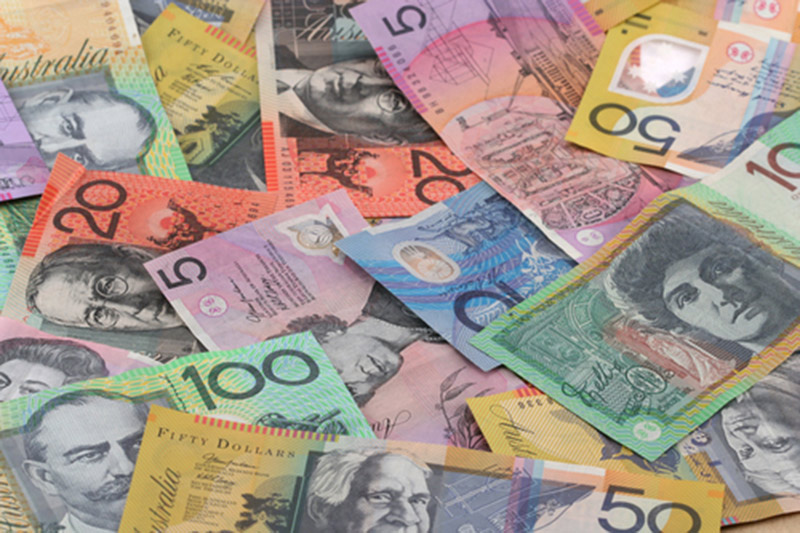Investing.com - The Australian dollar held mildly stronger on Monday in Asia ahead of official data on private sector credit and the yen edged weaker against the dollar ahead of industrial output figures.
AUD/USD traded at 0.9252, up 0.04%, early in Asia, while USD/JPY held at 102.91, up 0.08%.
A busy day in Australia with private sector surveys starting with the TD-Melbourne Institute inflation gauge for March at 1030 local time (2330 GMT) with the previous month-on-month up 0.2%, followed by private sector credit for February at 1130 local time (0030 GMT, with an expectation for a 0.4% gain month-on-month.
ANZ business confidence is also due in New Zealand for March with the previous reading 70.8%.
In Japan, February industrial output is due at 0850 Tokyo (2350 GMT) with an expectation of a 0.3% month-on-month gain.
Last week, the dollar rose to two-week highs against the yen as indications that China’s government is prepared to do more to shore up the cooling economy bolstered risk appetite.
Market sentiment was boosted after China's premier Li Keqiang said the country has policies in place to counter economic volatility. The remarks eased concerns over recent signs of a slowdown in the world’s second-largest economy.
Data on Friday showing that U.S. consumer spending rose 0.3% last month after a downwardly revised gain of 0.2% in January also lifted the dollar higher against the yen.
The euro remained under pressure after European Central Bank officials indicated earlier in the week that they are considering fresh policy options to stave off the risk of deflation in the region.
ECB governing council member and Bundesbank head Jens Weidmann said Tuesday that a negative deposit rate could be an appropriate way to address the impact of strong gains in the euro.
The same day ECB President Mario Draghi that the central bank stood ready to act if inflation slipped lower than the ECB expected.
The Aussie was boosted as recent reports indicated that the economy is picking up, while hopes for fresh stimulus measures from China also supported the Australian’s dollar’s gains.
In the week ahead, investors will be looking to Friday’s U.S. nonfarm payrolls report for March for further indications on the strength of the labor market, while Monday’s euro zone inflation report will also be in focus, ahead of the ECB policy meeting and press conference on Thursday.
The U.S. Dollar Index held at 80.35, down 0.01%.
On Monday, Switzerland is to publish its KOF economic barometer. The U.K. is to release data on net lending to individuals.
The euro zone is to produce preliminary data on consumer price inflation, which accounts for the majority of overall inflation.
Canada is to publish the monthly report on gross domestic product, the broadest indicator of economic activity and the leading indicator of economic growth.
